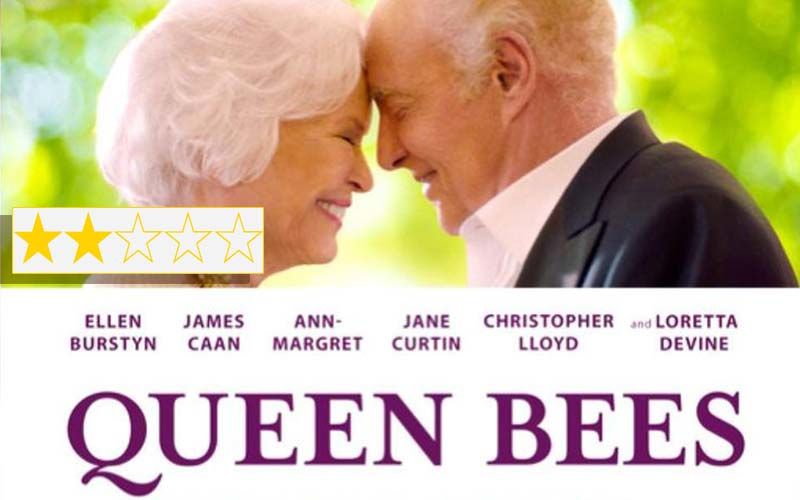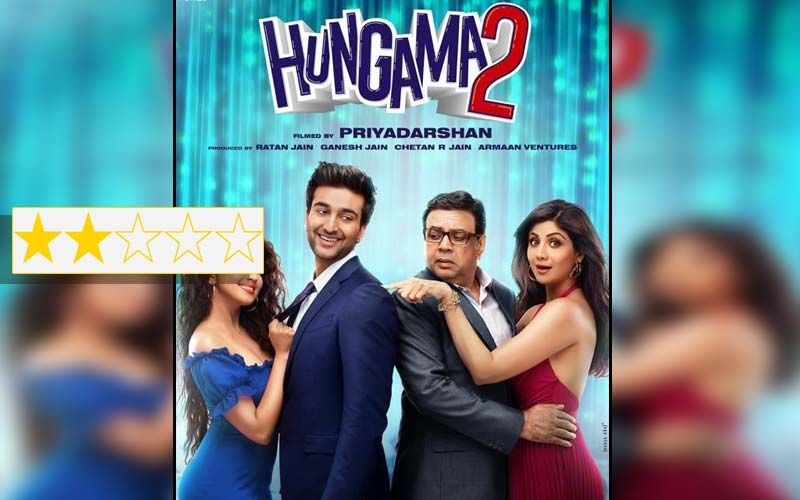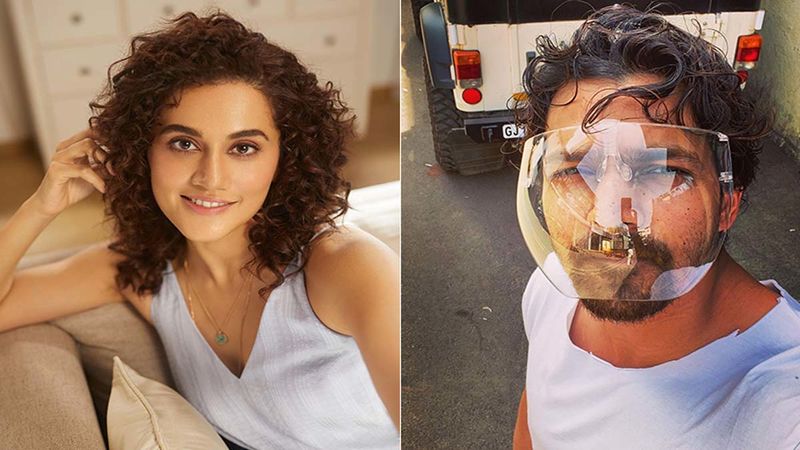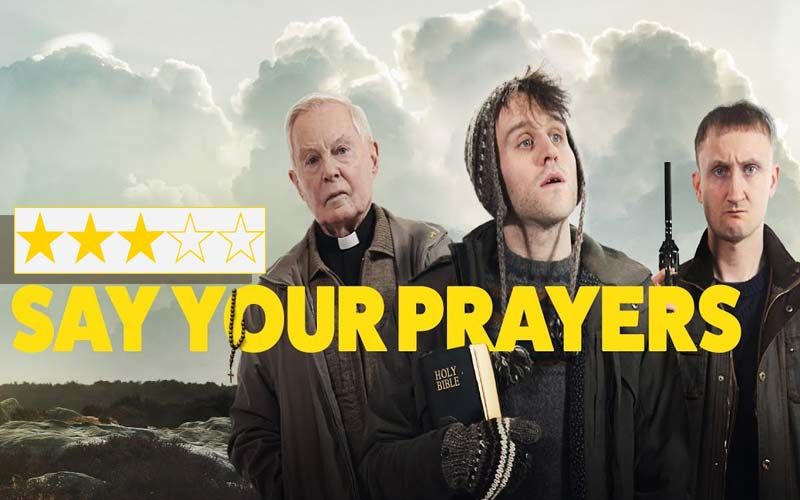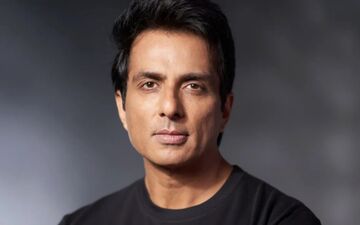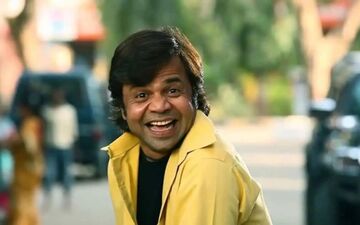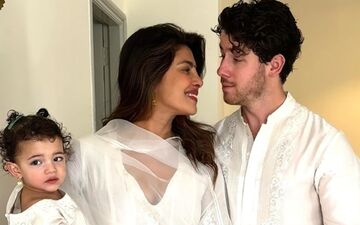Materna Review: The Film Is A Deep Dark Portrait Of Working Women
By the time Materna ends, the audience is none the wiser about the four heroines. What hurts them so much? Why are they so isolated self-destructive? Do they need a helping hand? If they do, they aren’t getting it from the men in their life who are just not there.
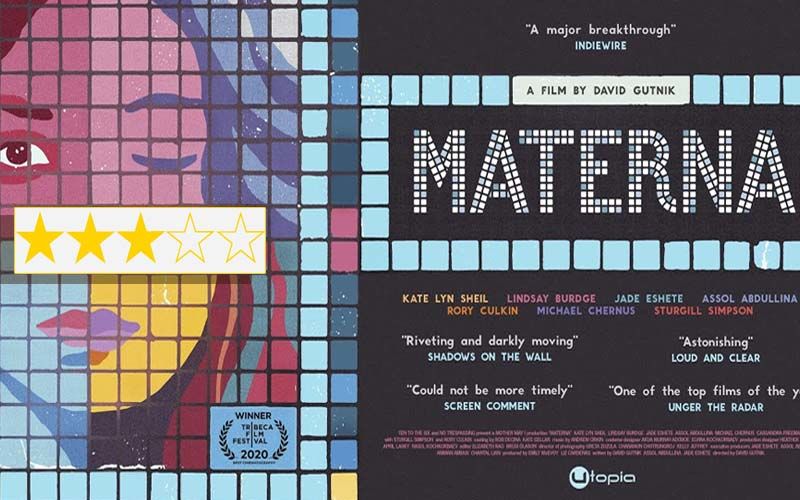

Jean lives in a kind of self-imposed punishing silence that I imagine Parveen Babi must have favoured. This is the kind of asocial woman who could die today. There will be no one to knock on her door for days and weeks. Jean has serious mother issues. She is also pregnant with a child whom she self-aborts in a bathtub using medicines ordered online. In a way, Jean’s isolation mimics what happened during the pandemic. It is a frightening portrait of a woman on the verge of a nervous breakdown…or has she already reached there?
Dark desperate and fiercely original, Jean’s story coalesces with the story of a beautiful black woman Mona (Jade Eshete). Like Jean, Mona has serious unresolved mom issues. Mom is into evangelism. Mona is an actor. The twain shall never meet. The mother motif merges into Mona’s performing propensity when Mona’s actress-coach plays her mother in a sequence that’s raw and angry and all over the place. Mona “lets it all out” at that moment when art converges with reality.
The third woman from the subway is the angriest of the four. Ruth (Lindsay Burdge) is Jewish. Her staunch rigid views on religion are apparently hampering her son’s school education. The story places Ruth’s spiritual beliefs against her brother’s and finds them wanting. This episode is far too crowded with ideas. The four characters-- Ruth, her husband, brother and son-- construct a claustrophobic cavalcade. Her anger never quite finds an anchor in the jostle and bustle.
The fourth and final episode is about three generations of women trying to come to terms with the death of a man who is son, husband and father to the three women. The story being told here is much more than a cursory glance at a damaged family. It is quietly effective and regenerative and restorative. Healing and comforting strangely. The three generations of actresses played by Assol Abdullina, Jamal Seidakmatova and Zhamilya Sydykbaeva, are so invested in the tragedy it feels like a personal loss.
By the time Materna ends, the audience is none the wiser about the four heroines. What hurts them so much? Why are they so isolated self-destructive? Do they need a helping hand? If they do, they aren’t getting it from the men in their life who are just not there.
Directed by David Gutnik, Materna gets 3 stars.
Image source: Youtube/Uthopia
